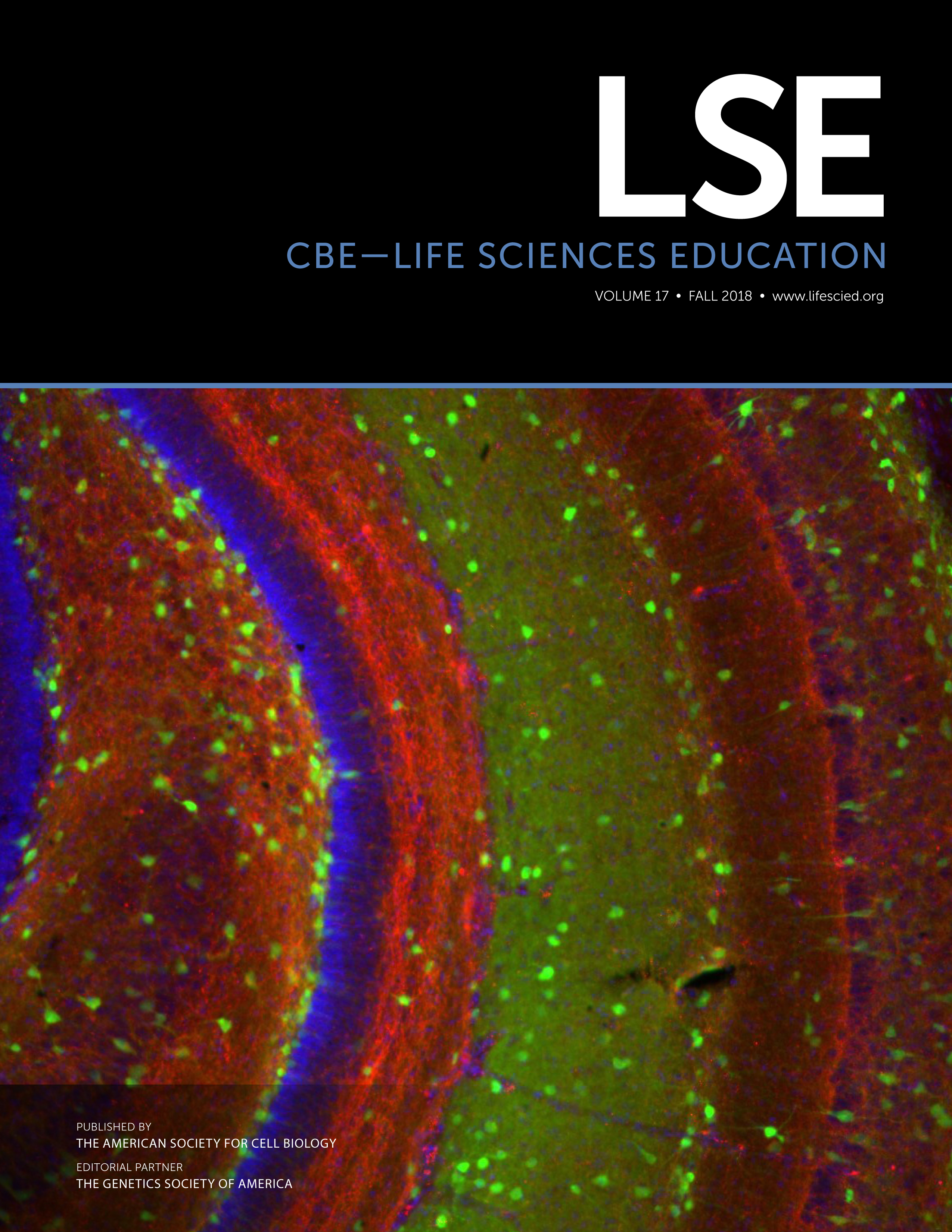Developing an Analytical Framework to Characterize Student Reasoning about Complex Processes
Abstract
Real-world processes are complex and require ideas from multiple disciplines to be explained. However, many science courses offer limited opportunities for students to synthesize scientific ideas into coherent explanations. In this study, we investigated how students constructed causal explanations of complex phenomena to better understand the ways they approach this practice. We interviewed 12 undergraduate science majors and asked them to explain real-world phenomena. From these interviews, we developed a characterization framework that described the reasoning patterns we found. In this framework, we identified three explanatory frames that differentiated the kinds of explanations students provided: a colloquial frame, wherein participants activated conceptual resources based on personal experience using everyday language; an emerging mechanistic frame, wherein participants used scientific concepts in semicoherent ways; and a causal mechanistic frame, wherein participants cohesively drew upon scientific conceptual resources to construct mechanistic explanations. Overall, the causal mechanistic frame was the least prevalent frame invoked by students. Instead, many drew on an emerging mechanistic frame and struggled to identify and apply scientific concepts to real-world scenarios. We advocate for incorporating opportunities to reason about real-world phenomena into undergraduate science curricula to provide students with experience integrating scientific concepts to explain real-world phenomena.



